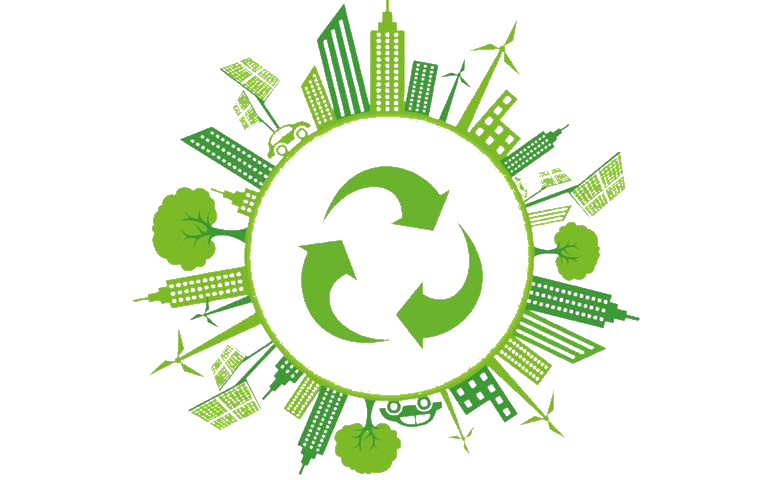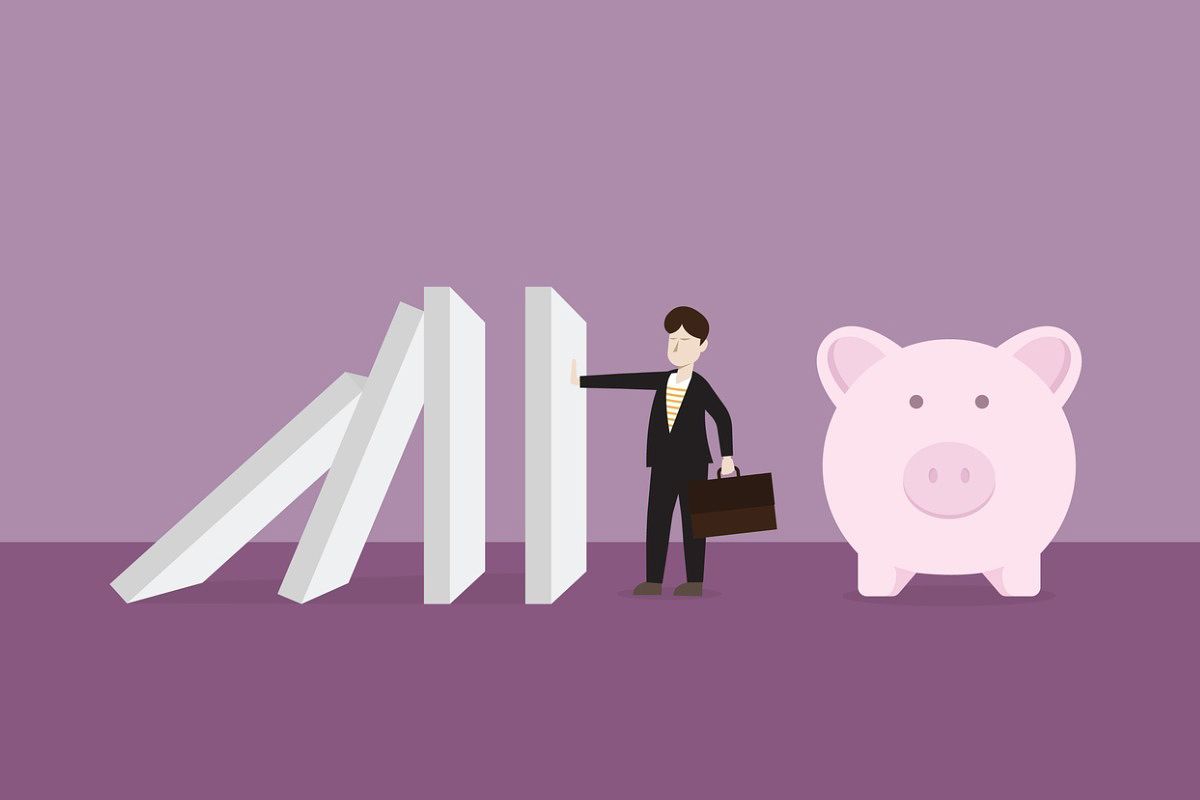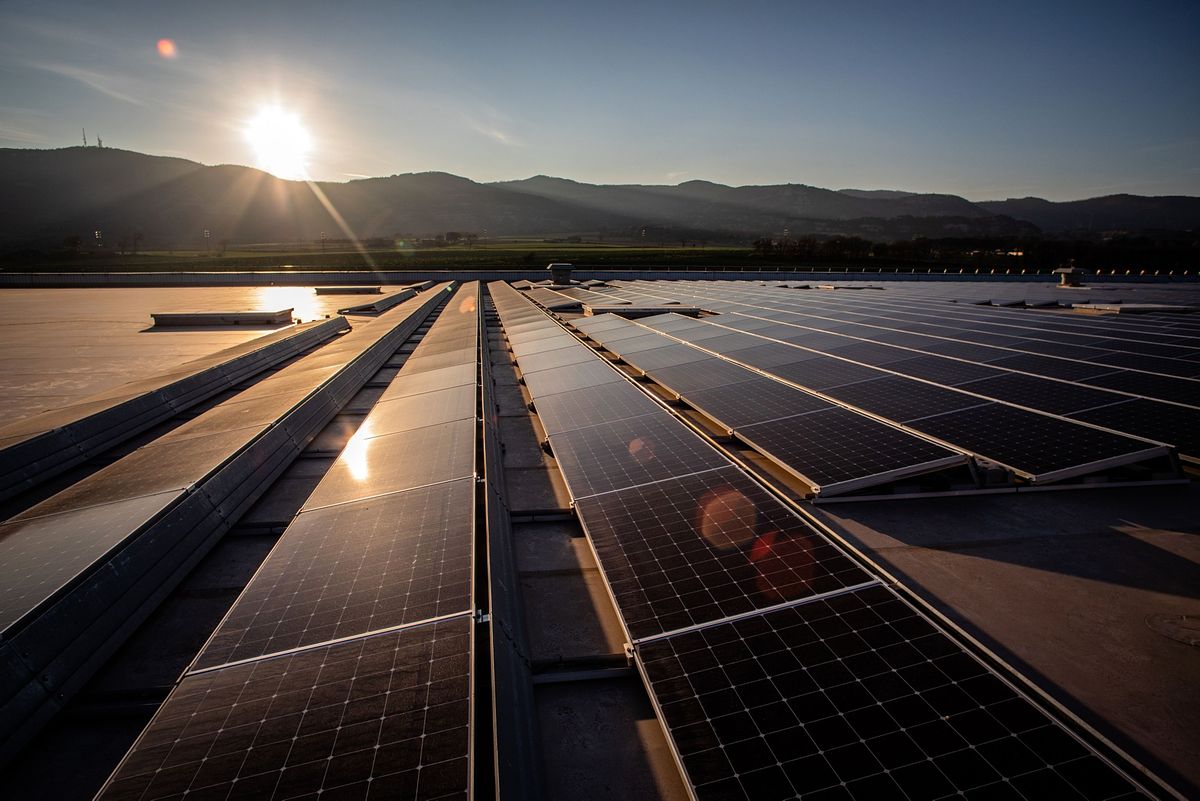Millions of words have been written about the climate emergency. Yet words alone have no power if they aren’t backed up by action. We all need to take action on the climate crisis, but most of us feel powerless in the face of such a gigantic challenge. One solution is to use your personal economy to contribute to a greener planet.
So, how might you do that? I started Invest for Good with the aim of profiling changemakers who are using their influence and careers to change the world for the better. However, I’ve come to realise that we all have the power to be changemakers. We don’t have to be out trawling the ocean for plastic to make a difference.
If you want to become an armchair activist in the fight to save our planet, you can start right here. I’ve put together these tips based on the many conversations I’ve had over the past three years with business leaders, impact investors and social entrepreneurs.

1 - Invest in a green economy
Top of the list is to be intentional about how you invest your money. There’s a bit of a myth that you need millions in the bank to be an investor, but this is simply not true. You’re already an investor because you have a bank account. How is your bank using the money that is being invested with them? Is it funding a better future?
The Rainforest Action Network recently commissioned research which found that the world’s 60 biggest banks have financed $3.8tr in fossil fuels since the Paris Agreement was signed in 2016. If your bank is among them, think about whether you might be better off switching to a bank that is transparent, ethical and proactive in building stronger communities.
Another way of thinking about it is to invest for impact. Do an inventory of where you are putting your money. If you are investing in a portfolio of companies, consider what the companies are and what they do. Are they investing in fossil fuels or tobacco? Disinvest from companies that are doing harm to our planet and communities.
Investing in sustainable companies can offer good rates of return despite a lingering perception that it’s not as financially competitive. Growing research suggests that ESG funds can, in fact, outperform the wider market.
Laurie Spengler, the founder and CEO of Courageous Capital Advisors, spoke to Invest for Good at the beginning of this year. She encourages her clients to use their financial capital to build an equitable, sustainable and resilient society. She believes we are all impact actors. “I want to really empower us, myself included, to ask what is happening with our financial resources,” she told me. “My starting premise is that everything we do with our financial resources has an impact.”
Be courageous with your money and align it with your convictions and values. We are all impact investors in our own small way, so invest in the world you want to see.
2 - Eat a more plant-based diet
The food we eat has an impact on our planet, accounting for a third of global greenhouse emissions. One byproduct of the beef industry is methane, a powerful greenhouse gas with a warming potential 28 times that of carbon dioxide. Cows emit methane naturally when they process food, but commercial farming methods make the methane add up to harmful levels.
We can reduce this impact by eating high-welfare meat and choosing more plant-based options. It’s big business too. Plant-based companies are experiencing a huge surge in growth as more consumers start changing their eating habits. In the United States, plant-based retail grew 27% to be worth $7bn in 2020.
Venture capitalists have taken notice. Lisa Feria is the CEO and managing partner at Stray Dog Capital, a venture capital fund in the plant-based market. I spoke to her about why the smart money is betting on plant power. “This isn’t something that’s going to shoot up and then shoot down,” she told Invest for Good. “I think it is a wave that now continues to carry more companies to market, and will continue to inspire entrepreneurs to create food companies.”

3 - Reduce your food waste
Food waste is a huge problem for our planet. The UN’s Food and Agriculture Organization estimates that one-third of food produced for global consumption is wasted or lost globally. This amounts to 1.3bn tonnes per year. It’s no wonder that one of the UN’s sustainable development goals is to halve global food waste by 2030.
There are obvious ways of reducing our food waste including planning meals, only buying food when you need it, and using up leftovers creatively. Another way of helping the planet is to intentionally buy misshapen produce; some will be sold through subscription boxes depending on where you live. An estimated 20 to 40% of odd-shaped fruit and vegetables are thrown away before even leaving farms because they are deemed hard to sell.
One person taking food waste more seriously than others is Robert Luo. He’s an entrepreneur who can isolate the protein in wasted food and turn into a textile or a replacement for single-use plastic. Robert talked to me earlier this year. He explained how he came up with the innovative technology after trying to find a solution for spoiled milk.
Despite failing many times, Robert refused to give up on his vision for a more sustainable world: “I’m the type of person who will push more if I believe it’s right, and I will work with the right people to make it happen.”
4 - Use the power of your pension
There is $50tr invested in pensions globally, money that can be used to create a more equitable, just and healthier world. Despite being a big investment, most people don’t think twice about what their pension is financing. Many pensions will be invested in fossil fuels, tobacco and arms, all of which do harm to our planet and to us.
When Bronwyn King, a doctor who once worked on a lung cancer ward, found out that her pension was being invested in tobacco companies, she took action. She is now the founder, director and CEO of Tobacco Free Portfolios, an organisation campaigning for tobacco-free finance around the world.
If you have a workplace pension, you can ask what your money is being invested in. For instance, is the pension scheme aligned with the company’s values? If it isn’t, make sure to ask what alternatives you might have for greening the pension.
If you invest in the pension yourself, you have even more control over where that money goes and can check the sustainability ratings of your investments. One thing to note: there is no consistent measure for what sustainability looks like, so it can be difficult to separate one rating from another. Consult a financial advisor if you have one.

5 - Start the switch to clean power
Over the course of Invest for Good’s lifetime, I have spoken to many entrepreneurs working to deliver clean energy solutions to millions. While we all know that transitioning to clean energy is vital for our warming planet, it’s not something easily available to everyone.
Many of us don’t own our own homes, for example. Or we might live in apartments and flats, where installing solar panels is not practical or possible. Yet solar is increasingly one of the best renewable energy solutions for homes.
Community solar makes it more accessible. This allows people to share a common solar facility, such as a solar farm, even if they don’t have solar panels on their own properties. The electricity produced is cheaper than power from the grid and it’s much better for the environment.
Steph Speirs, the co-founder and CEO of Solstice, is a pioneer of community solar in the United States. Even in such a wealthy country, 77% of Americans can’t put solar on their roof. “Lower income households spend a larger percentage of their salary on energy bills and are more likely to suffer from the adverse effects of climate change including pollution and asthma,” Steph explained when I spoke to her.
Community solar is not available everywhere yet. If you’re in the United States, Solstice has produced a solar map to show how accessible it is in different states. In the UK you can check this renewable energy map to see what is available or under construction. Or try searching in your area for community solar solutions near you.
On another continent, working on a slightly different solution, is Claudio Pedretti. The entrepreneur is dedicated to providing clean energy through his company NexuS Energy. Working in developing countries, NexuS helps communities that are off grid to access renewable energy. This results in better sanitation, nutrition and education for towns and villages. When I spoke to Claudio in 2020, he told me: “As an entrepreneur, you are making a positive impact by creating jobs, but working with the deployment of energy takes that impact to another level.”

6 - Embrace the circular economy
A linear economy is based on taking, making and disposing of things quickly. A circular economy keeps resources in use for as long as possible. The aim of the latter is to extract the maximum value out of something. Products in the circular economy are generally more durable, more easily repaired or recyclable. In clothing terms, it’s the opposite of fast fashion.
The Circularity Gap Report 2021 estimates that the global economy is currently 8.6% circular. The target to keep the world “livable and thriving” is to more than double that number to 17% by 2030.
We can all make simple choices that are more circular in nature, from choosing to drink from a recyclable coffee cup and composting our food, to buying clothes that are secondhand and investing in items with a longer lifespan.
Some people see the circular economy as an integral part of the Next Economy. It’s a concept that has been mentioned many times in Invest for Good in one form or another. At its heart is a more inclusive economy that allows people to flourish, thrive and control their destinies through the likes of employee ownership. It’s an economy that is more transparent, accountable and certainly less extractive.
This article mentions but a few of the incredible people and organisations tirelessly working to bring about positive change. For a more comprehensive list of organisations and people, please see the full list of Invest For Good interviewees over the past three years.
Join us in using our personal economy to achieve better outcomes for us and future generations.
